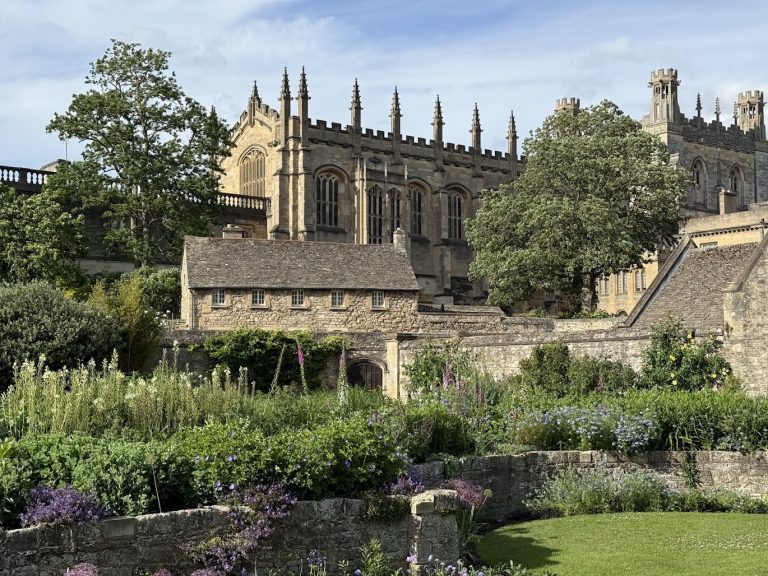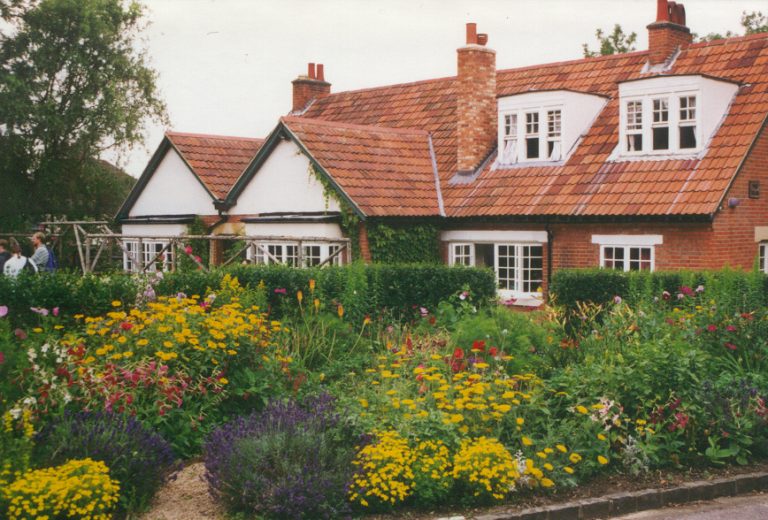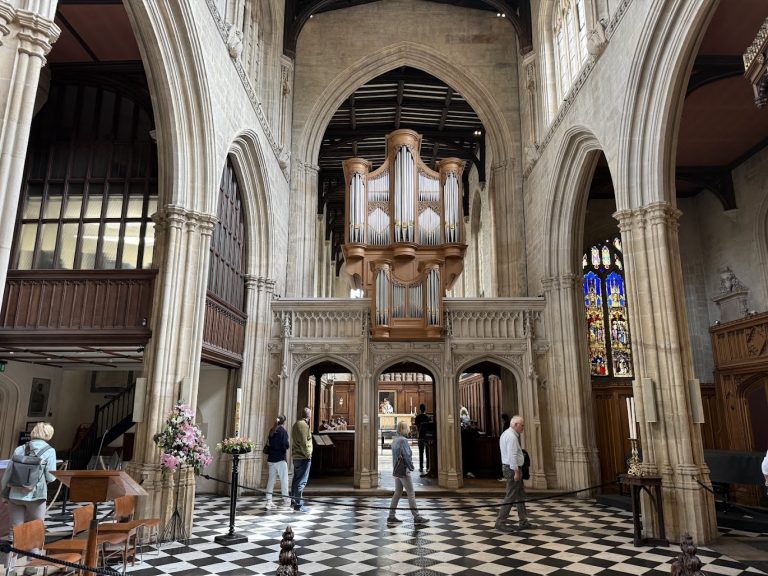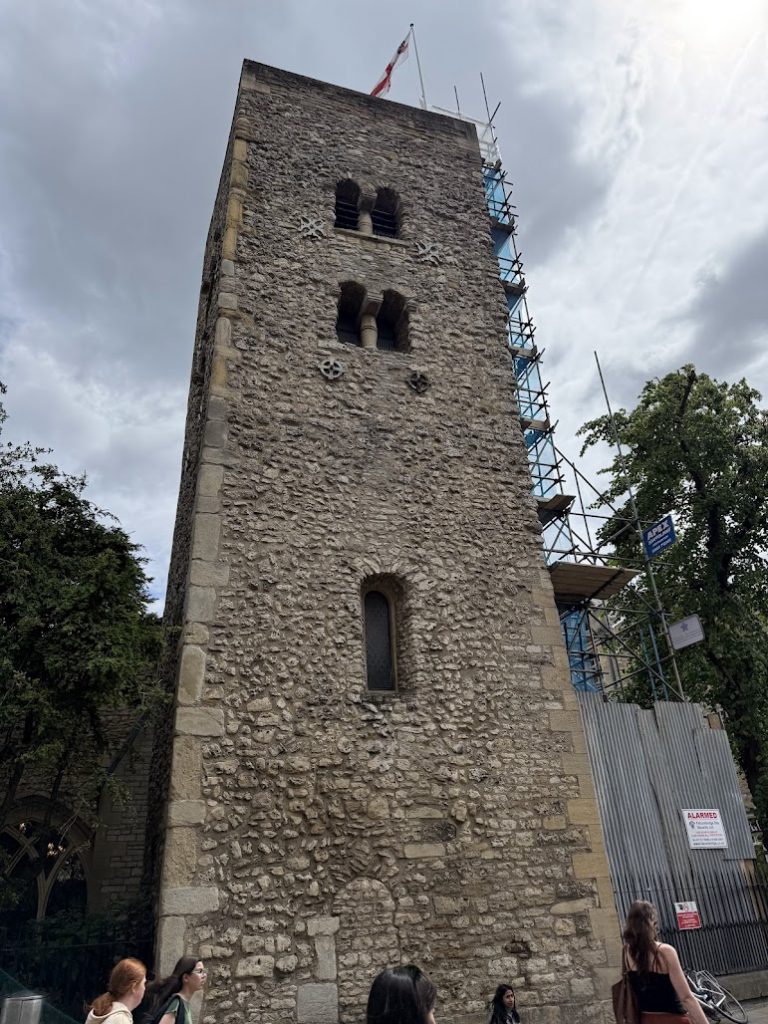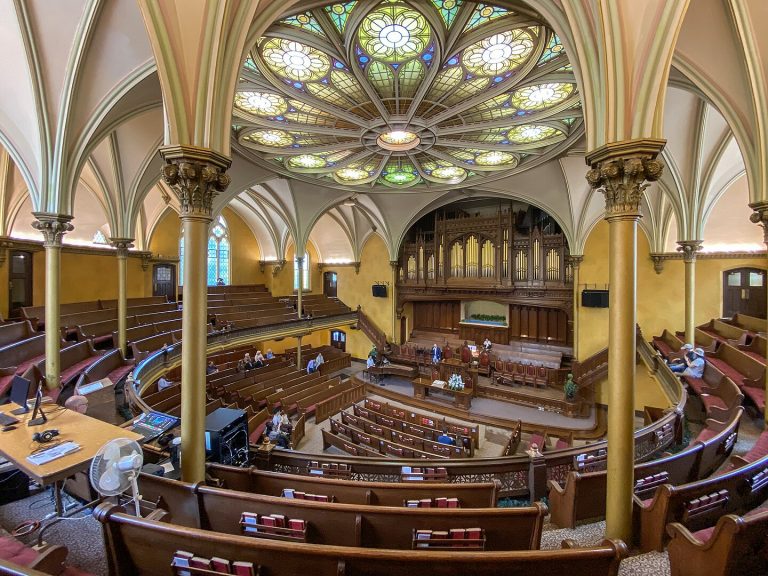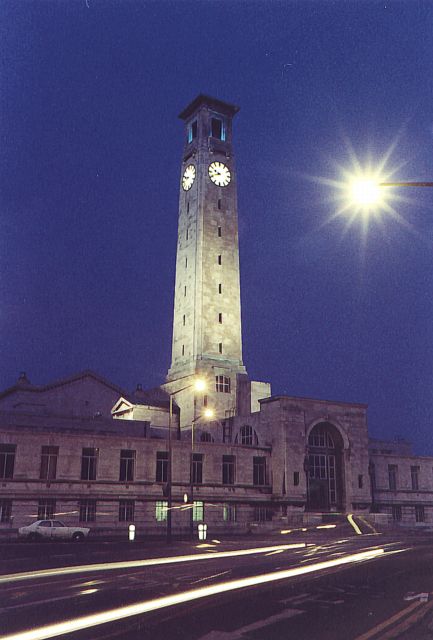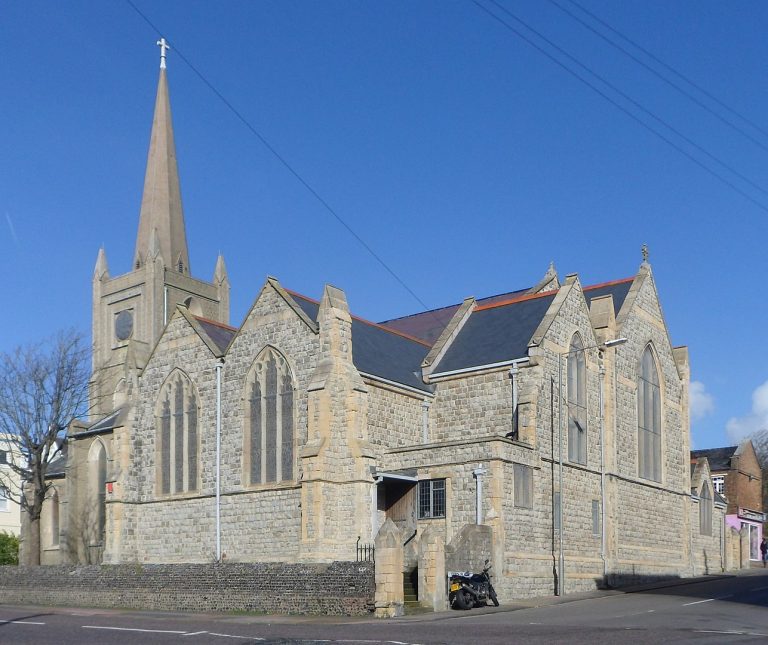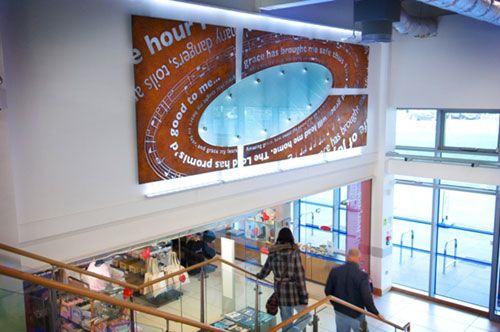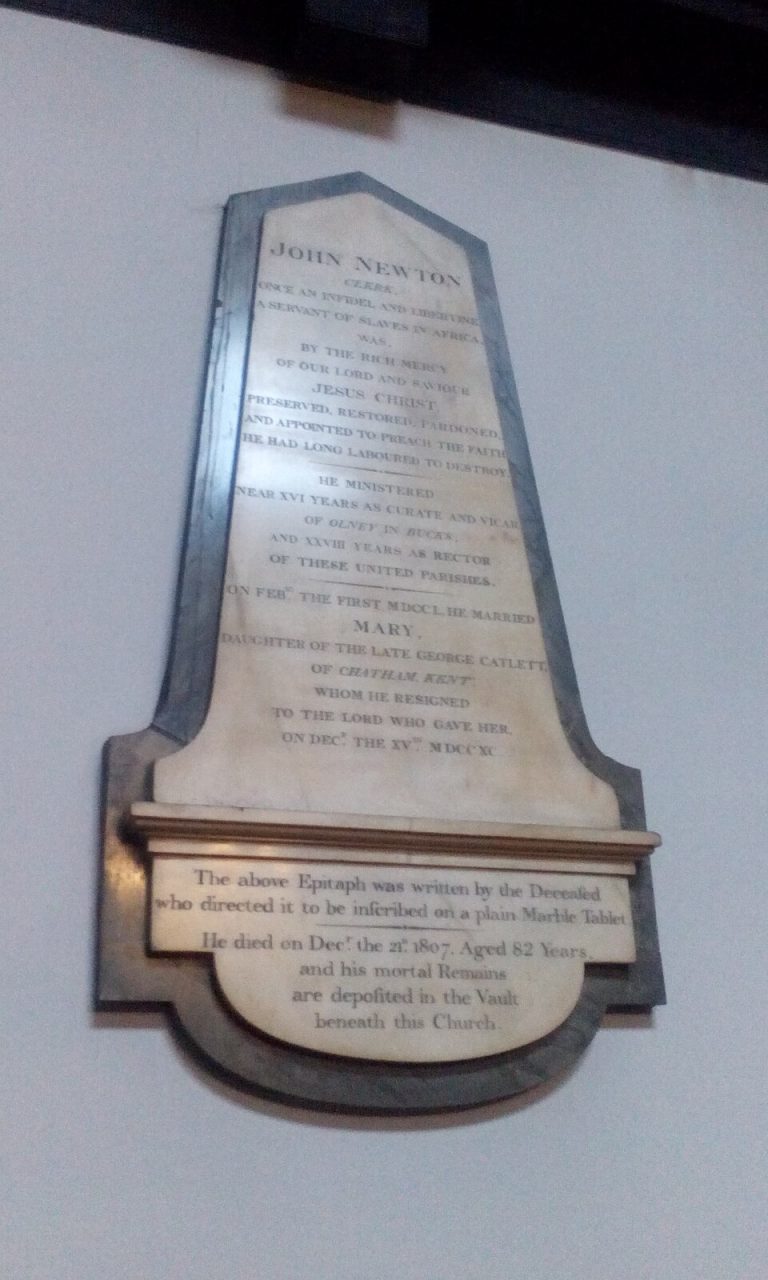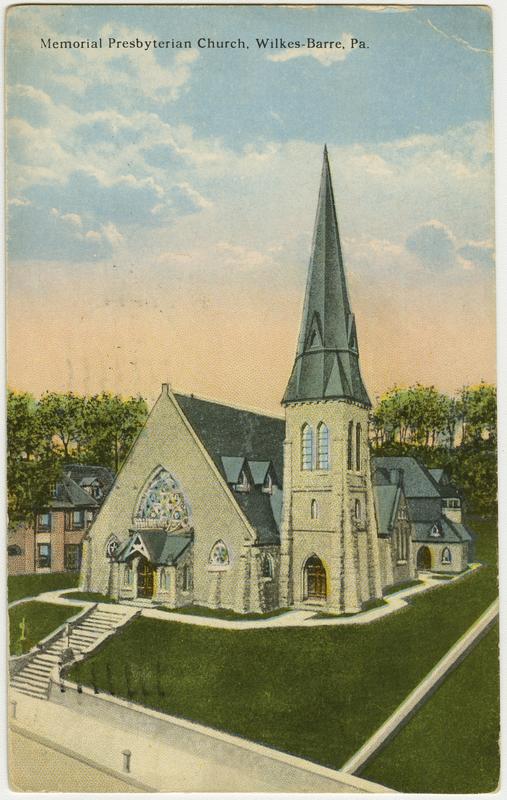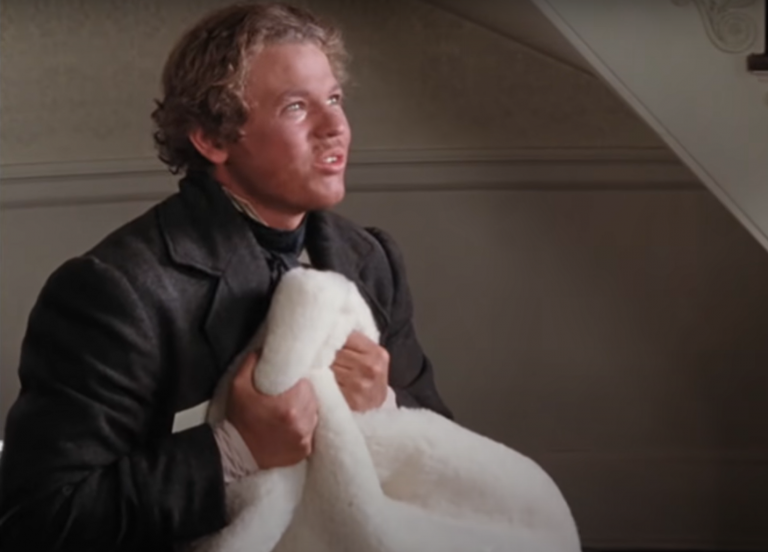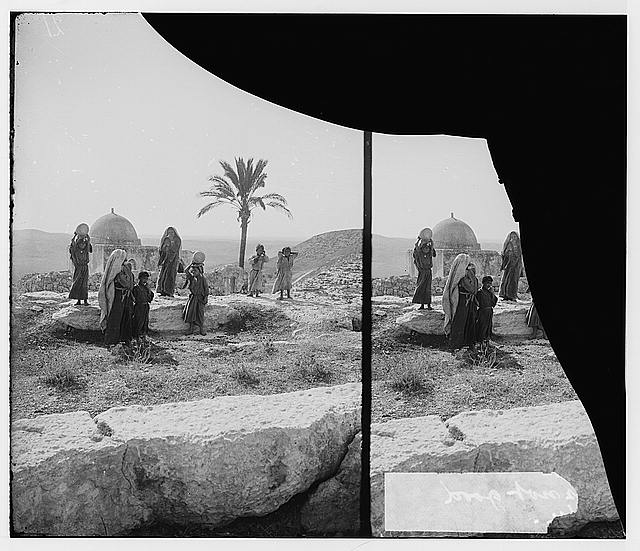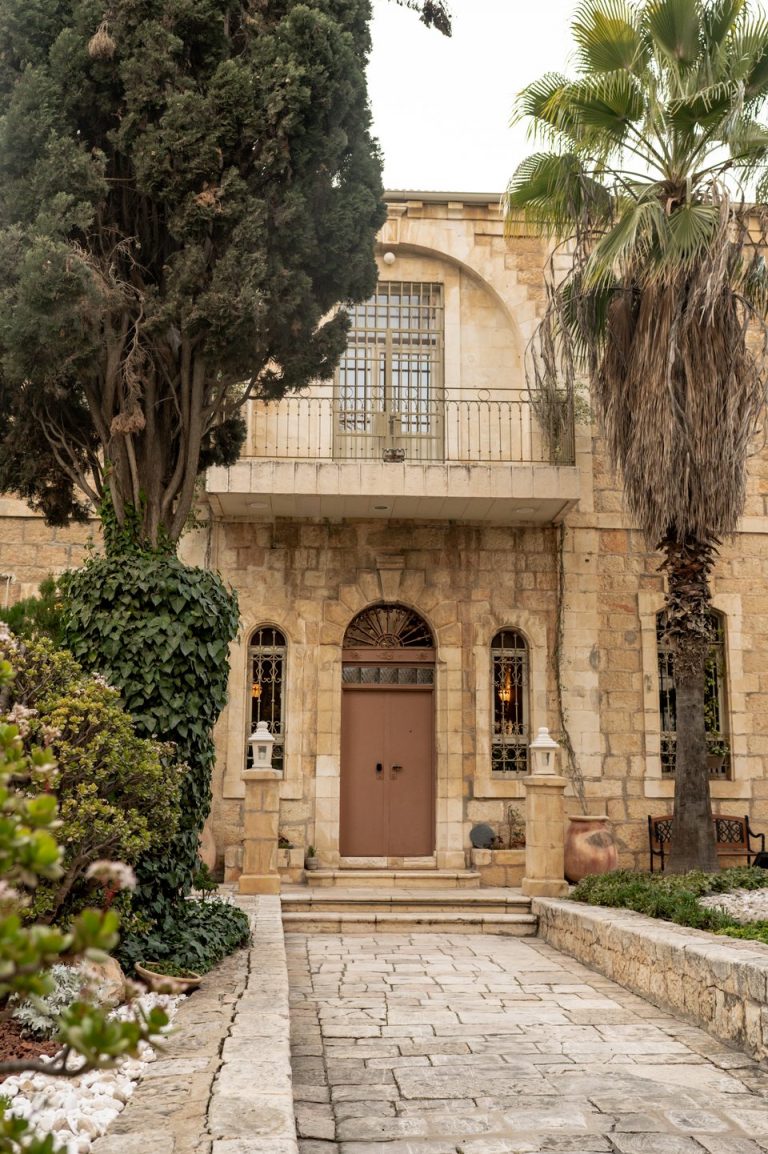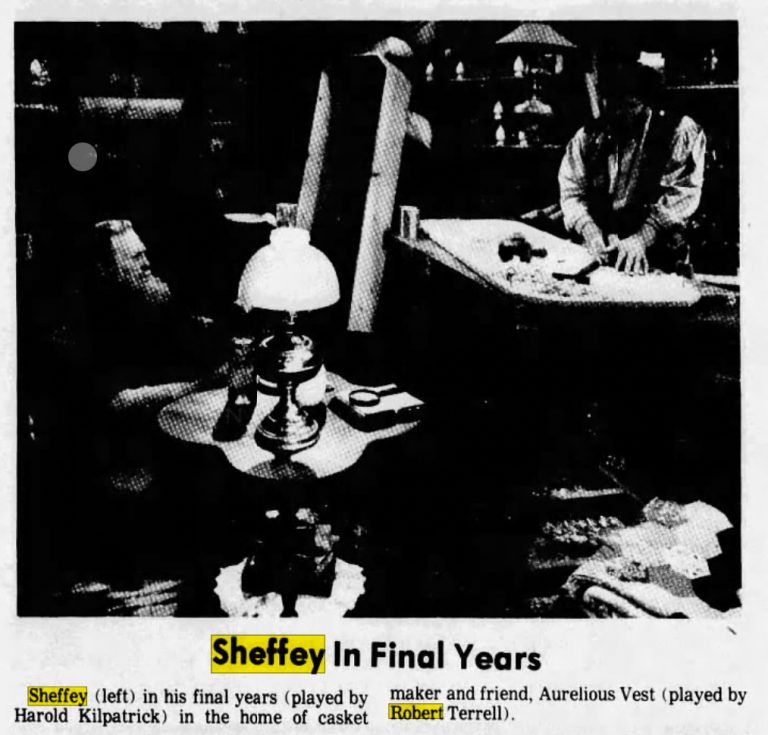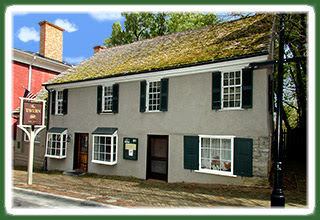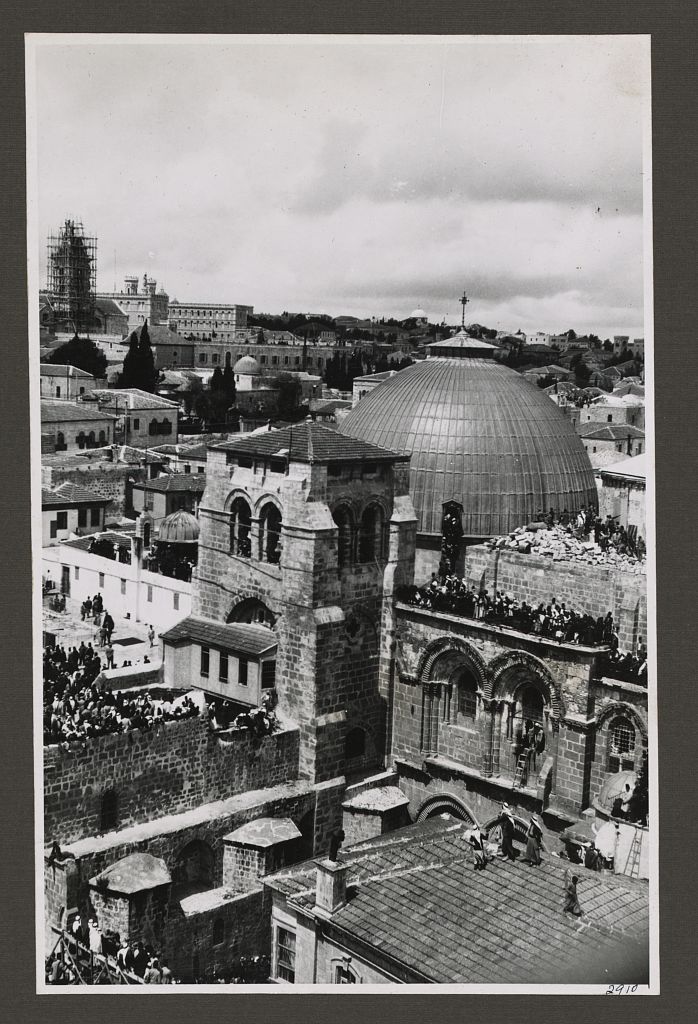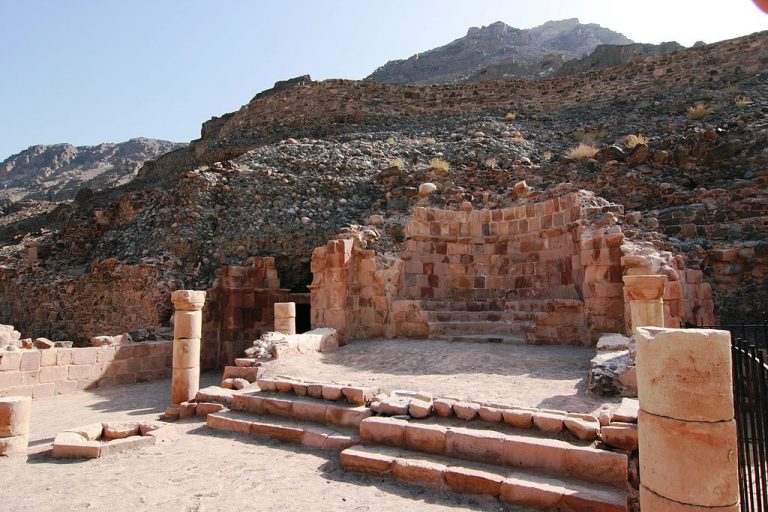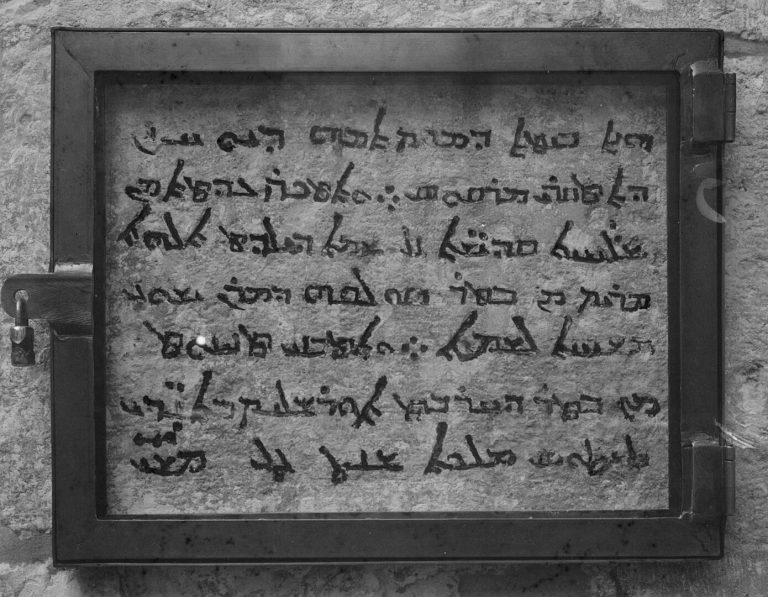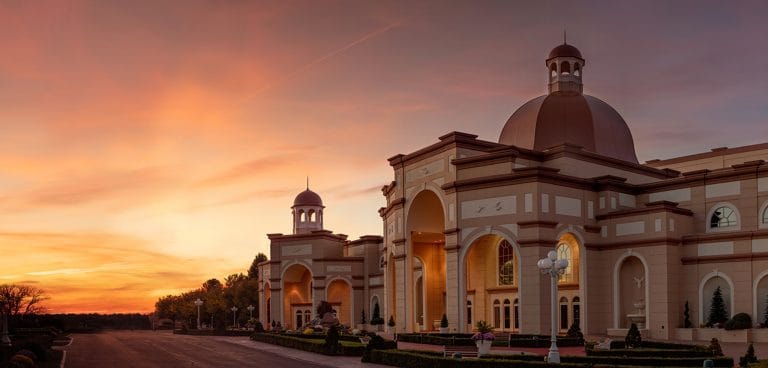Favorite
Wikipedia: The Holy Club was an organization at Christ Church, Oxford, formed in 1729 by brothers John and Charles Wesley, who later founded Methodism.[1][2][3] The brothers and associates, including George Whitefield, met for prayer, Bible study, and pious discipline. Photo by the author Read more...
Favorite
Wikipedia: The Kilns, also known as C. S. Lewis House, is the house in Risinghurst, Oxford, England, where the author C. S. Lewis wrote all of his Narnia books and other classics.[1][2] The house itself was featured in the Narnia books.[3] Lewis’s gardener at The Kilns, Fred Paxford, is said to have inspired the character of Puddleglum the Marsh-wiggle in The Silver Chair.[4] The Kilns was built in 1922 on the site of Read more...
Favorite
Wikipedia: St Mary’s was the site of the 1555 trial of the Oxford Martyrs, when the bishops Latimer and Ridley and Archbishop Cranmer were tried for heresy. The martyrs were imprisoned at the former Bocardo Prison near St Michael at the Northgate in Cornmarket Street and subsequently burnt at the stake just outside the city walls to the north. A cross set into the road marks that location on what is now Broad Street; the nearby Martyrs’ Read more...
Favorite
Location of the jailing of Nicholas Ridley, Hugh Latimer, and Thomas Cranmer. Wikipedia: The Oxford Martyrs were imprisoned in the Bocardo Prison by the church before they were burnt at the stake in what is now Broad Street nearby, then immediately outside the city walls, in 1555 and 1556. Their cell door can be seen on display in the church’s tower. Read more...
Favorite
From The History and Heritage of Fundamentalism and Fundamental Baptists, Thomas Todhunter Shields (1873-1955) was born in England and grew up in Canada, the son of a pastor. He was converted in 1891 at age 18 and preached his first sermon three years later. He had no formal college or seminary education. He pastored four Baptist churches between 1894 and Read more...
Favorite
Southampton: Isaac Watts is one of Southampton’s most famous sons. He was famous as an author, educator, philosopher and hymn writer. Born in 1674, he lived at 41 French Street and was educated at the nearby King Edward VI grammar school. Isaac Watts was one of the leading nonconformists in the town and is mainly remembered for his hymns which Read more...
Favorite
A past vicar, Rev. E.B. Elliott, was the father of Emily Elizabeth Steele Elliott. Emily wrote the popular Christmas hymn “Thou didst leave Thy throne” for the use of the church. Wikipedia: Among Christmas hymns designed for children, two popular ones were written by Elliott. One begins with the line, “There came a little child to earth,” which was popular Read more...
Favorite
From Broadbent Studio: The aim was to create a memorial sculpture, inspired by the life of the former slave ship captain and Liverpool Harbour Master – John Newton, for the new Mersey Ferry Terminal building, at Liverpool’s Pier Head…. John Newton, following a religious conversion in 1748, an event which is believed to have inspired the writing of ‘Amazing Grace’, Read more...
Favorite
From Wikipedia: The Cowper and Newton Museum is a museum in Olney, north Buckinghamshire, England, around 8 miles (13 km) north-east of Central Milton Keynes. Celebrating the work and lives of two famous local residents: William Cowper (1731–1800), a celebrated 18th-century poet; and John Newton (1725–1807), a slave trader and subsequently a prominent abolitionist, who was curate in the local church.[1] Together, Cowper and Newton wrote the Olney Hymns, including one of the world’s Read more...
Favorite
John Newton was the pastor here from 1780-1807. William Wilberforce was part of the congregation during that time. Even though he was originally buried here, around 1900 the City & South London Railroad was going to demolish the church for an Underground (subway) stop. The church remained due to public outcry, but the vault/crypt/cemetery was removed, and Newton’s body was Read more...
Favorite
This site used to be Memorial Presbyterian Church, but according to PA Historic Preservation: Unfortunately, the size of the congregation declined in the late 20th century and eventual decreased to twenty-five members. The Memorial Church was formally dissolved by action of the Presbytery of Lackawanna on May 19, 2009. In 2011 the Presbytery of Lackawanna sold the property to King’s College for $125,000. Read more...
Favorite
From Willard Barbery in 1950: It was Mrs. Suiter who showed us the sheepskin, in the Davidson home, formerly used by Bro. Sheffey and made mention of in another place in these writings. That sheepskin was given to Rev. Peter Rayburn Suiter, local preacher in the Methodist church for many years in Bland county and an associate of the itinerant preacher. Bro. Sheffey Read more...
Favorite
Tell Zor’a is the traditional site of Samson’s Tomb. Times of Israel did a story recently on the area Photo – Matson Photo Service Read more...
Favorite
Home to Bertha Spafford’s original Steinway piano. From the website: The house was built by an Arab family in 1890, one of the first homes built outside the Jerusalem old city walls near the Damascus Gate, during the Ottoman Turkish Empire. In 1905 it became part of the American Colony as the home of Bertha Spafford Vester, with her husband Read more...
Favorite
“When the time had arrived to seek out some place to spend the night, Sheffey would seek a home where he could find those comforts which his heart and body craved. He enjoyed sleeping in a bed with a white counterpane over the covers. At the home of Aurelius Vest, where he spent his last days and where he was Read more...
Favorite
Can’t confirm this is THE tavern, but this tavern dates to 1779 and is the oldest surviving building in Abingdon. “In January of [1839] young Sheffey and a group of his drinking buddies, left an Abingdon tavern to go to a small revival meeting being held on an upper floor in Grenway’s Storehouse along Main Street, with the intention of Read more...
Favorite
The Church of the Holy Sepulcher is the traditional site of the death, burial, and resurrection of Jesus Christ. The primary alternative site, the Garden Tomb, is preferred by evangelicals for the atmosphere but possibly predates Jesus by 5-8 centuries (Matthew 25:28 says that the tomb was a new tomb built for Joseph of Arimathea). See discussion by FIRM, and Read more...
Favorite
A traditional site for the cave of Lot from Genesis 19:30, and a nearby pillar attributed to his wife who was turned into salt. 30 And Lot went up out of Zoar, and dwelt in the mountain, and his two daughters with him; for he feared to dwell in Zoar: and he dwelt in a cave, he and his two daughters. Read more...
Favorite
Traditional site of John Mark’s mother’s house, where Peter went after being released from prison: 12 And when he had considered the thing, he came to the house of Mary the mother of John, whose surname was Mark; where many were gathered together praying. 13 And as Peter knocked at the door of the gate, a damsel came to hearken, named Read more...
Favorite
Sight & Sound: Growing up on a dairy farm in rural Lancaster County, our founder Glenn Eshelman was so inspired by the beauty of the world around him that he began painting landscapes as a boy. As he grew up, Glenn continued to pursue his artistic interests, eventually buying a camera to take reference photos for his paintings. Photography quickly Read more...
